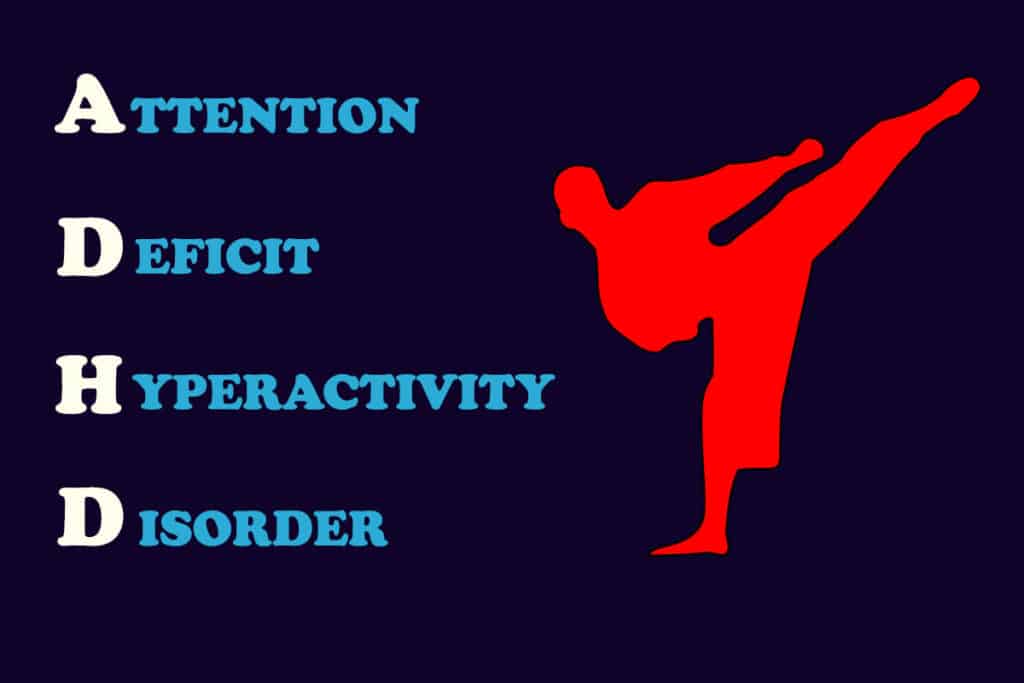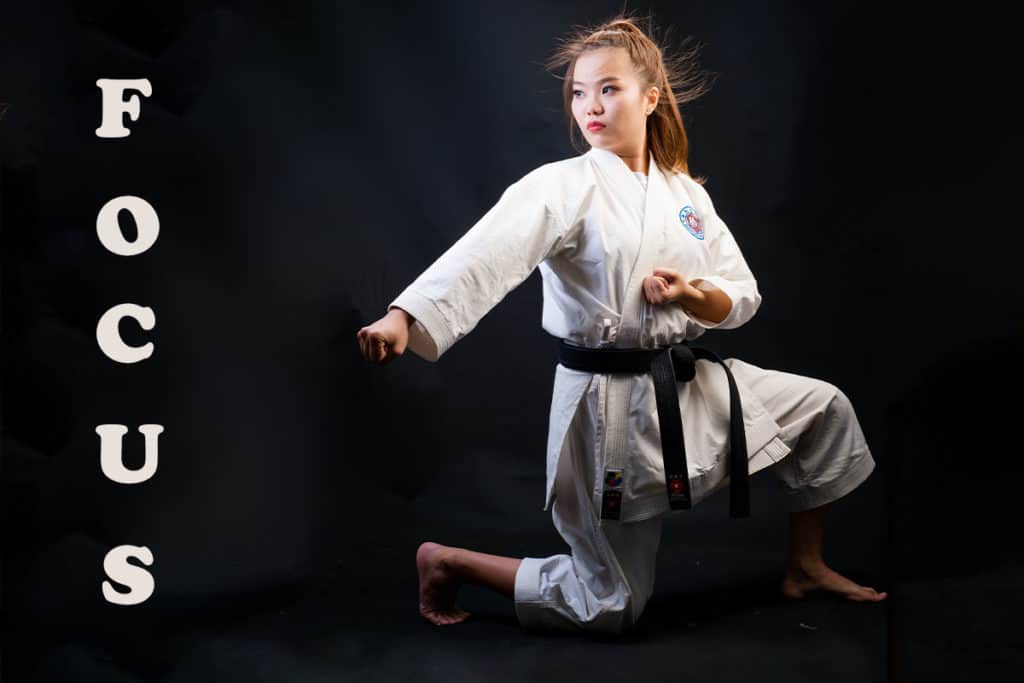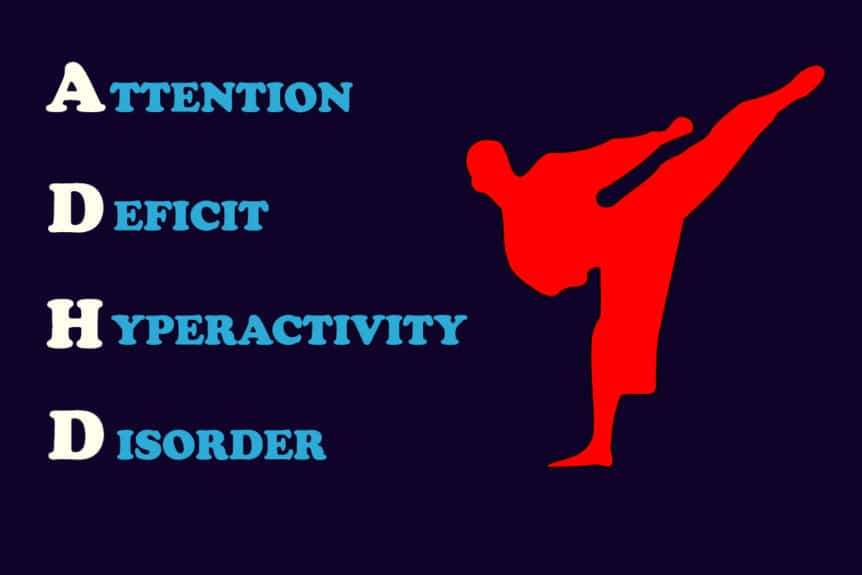
For parents of children with Attention Deficit Hyperactivity Disorder (ADHD), finding activities that support focus, behavior, and confidence can feel like a daunting task. ADHD, a common neurodevelopmental condition, affects a child’s ability to concentrate, control impulses, and manage energy levels, often impacting school performance and social interactions.
While medications and behavioral therapies are common treatments, many parents seek complementary approaches to help their kids thrive. Enter Taekwondo, a Korean martial art that blends physical activity, mental discipline, and emotional growth.
Some Taekwondo schools have seen firsthand how Taekwondo transforms kids with ADHD, helping them channel their energy, build self-esteem, and develop life-changing skills. This guide explores how Taekwondo benefits children with ADHD and offers tips for choosing the right program.
Understanding ADHD and Its Challenges
ADHD affects about 11% of children aged 4–17, making it one of the most common neurodevelopmental disorders in kids. Children with ADHD often struggle with inattention, hyperactivity, and impulsivity, which can lead to challenges like difficulty completing tasks, frequent fidgeting, or acting without thinking. These symptoms can strain academic performance, friendships, and self-esteem, leaving parents searching for solutions that go beyond medication.
While medication can be effective for some, it’s not a one-size-fits-all answer, and many families look for activities that engage their child’s mind and body in a positive way. Taekwondo offers a unique solution, combining structured exercise with mental focus to address ADHD symptoms holistically.
How Taekwondo Supports Kids with ADHD
Taekwondo, developed in South Korea in the 1940s, is more than just kicks and punches—it’s a discipline that nurtures the mind, body, and spirit. For kids with ADHD, Taekwondo provides a structured yet engaging environment that promotes growth in multiple areas. Research, including a 2019 study published in the International Journal of Environmental Research and Public Health, shows that Taekwondo improves cognitive functions like selective attention and inhibitory control in adolescents with ADHD, with significant effect sizes. Here’s how Taekwondo makes a difference:
Sharpening Focus and Concentration
One of the hallmark challenges of ADHD is difficulty sustaining attention. Taekwondo classes require kids to learn precise movements, such as forms (patterns of techniques) and kicks, which demand focus on the task at hand. Instructors often break techniques into short, manageable steps, making it easier for kids with ADHD to stay engaged.
Over time, this practice strengthens neural pathways, helping kids concentrate better in class and beyond. For example, a child who struggles to focus on homework may find that Taekwondo’s repetitive drills train their brain to stay on task, leading to improved grades and productivity.
Channeling Energy and Reducing Hyperactivity
Kids with ADHD often have boundless energy that manifests as restlessness or fidgeting. Taekwondo provides a safe, controlled outlet for this energy through dynamic exercises like sparring and board-breaking.
Unlike team sports, which can overwhelm kids with ADHD due to complex social dynamics, Taekwondo focuses on individual progress, allowing kids to burn energy without feeling pressured by teammates. The physical exertion also stimulates the release of brain chemicals like dopamine and serotonin, which regulate attention and mood, helping kids feel calmer and more centered after class.
Building Self-Discipline and Behavior

Taekwondo’s structured environment, with clear rules and rituals like bowing to instructors, fosters self-discipline—a skill often underdeveloped in kids with ADHD. The belt-ranking system rewards effort and progress, motivating kids to set goals and work toward them.
For instance, a child might notice they’ve left a corner of their bed untucked and fix it without prompting, mirroring the attention to detail learned in Taekwondo. This discipline carries over into daily life, reducing impulsive behaviors and fostering habits that lead to long-term success.
Boosting Self-Esteem and Confidence
Many kids with ADHD face self-esteem challenges due to struggles in school or social settings. Taekwondo’s emphasis on personal achievement, such as earning a new belt or mastering a kick, builds confidence. Instructors celebrate small victories, helping kids feel capable and valued.
A parent shared in ADDitude Magazine that their daughter’s confidence soared after starting Taekwondo, transforming her from feeling like a “loser” to competing in tournaments. This boost in self-worth can improve a child’s resilience and willingness to tackle challenges.
Enhancing Social Skills and Teamwork
While Taekwondo is an individual sport, classes foster a sense of community. Kids learn to respect their peers, support each other’s progress, and work together in partner drills. This supportive environment helps kids with ADHD, who may struggle socially, build friendships and practice teamwork without the intensity of team sports. The camaraderie in class can translate to better social interactions at school, reducing feelings of isolation.
Improving Coordination and Motor Skills
ADHD can affect motor coordination, making some physical activities challenging. Taekwondo’s repetitive movements, like practicing stances or kicks, enhance body awareness and coordination.
A study on children with developmental coordination disorder found that three months of Taekwondo training improved balance and sensory organization, benefits that also apply to kids with ADHD. Better coordination can lead to greater confidence in physical activities and everyday tasks.
Managing Stress and Anxiety
Kids with ADHD often experience stress and anxiety due to their symptoms. Taekwondo’s physical activity triggers the release of endorphins, natural mood enhancers that reduce stress. The meditative aspects of forms and breathing exercises also soothe anxiety, helping kids feel more in control. Parents often notice their kids are calmer and less overwhelmed after class, making Taekwondo a powerful tool for emotional regulation.
Taekwondo vs. Other Activities: A Comparison
To help parents understand why Taekwondo stands out, the table below compares it to other common activities for kids with ADHD:
| Activity | Focus/Concentration | Energy Outlet | Self-Discipline | Social Skills | Coordination | Self-Esteem |
|---|---|---|---|---|---|---|
| Taekwondo | High (structured drills, forms) | High (sparring, kicks) | High (rituals, belt system) | Moderate (supportive group) | High (movement precision) | High (personal achievement) |
| Team Sports | Moderate (complex rules) | High (constant movement) | Moderate (team reliance) | High (team dynamics) | Moderate (varies by sport) | Moderate (team-based success) |
| Swimming | High (repetitive strokes) | High (full-body exercise) | Moderate (individual focus) | Low (minimal interaction) | High (body control) | Moderate (personal goals) |
| Art Classes | High (creative focus) | Low (sedentary) | Moderate (project-based) | Moderate (group setting) | Low (fine motor skills) | High (creative expression) |
Taekwondo’s blend of physical activity, mental discipline, and individual progress makes it uniquely suited for kids with ADHD, offering benefits that complement other activities.
Is Taekwondo Safe for Kids with ADHD?
Parents may worry that a combat sport could encourage aggression or be unsafe for kids prone to impulsive behavior. However, Taekwondo emphasizes self-defense, not offense, teaching kids to use techniques only in controlled settings like sparring.
Qualified instructors prioritize safety, using padded equipment and supervised drills to minimize injury risk. The discipline instilled in Taekwondo actually reduces impulsive actions, as kids learn respect and self-control. A martial arts instructor with ADHD noted on Quora that Taekwondo is “absolutely” safe and effective for ADHD kids when taught by skilled professionals.
Choosing the Right Taekwondo School
Finding a Taekwondo program that suits a child with ADHD requires careful consideration to ensure the environment supports their unique needs. A well-chosen school can make all the difference, fostering growth in focus, confidence, and self-discipline while keeping classes engaging and safe.
Parents should prioritize programs with instructors who understand how to work with children who may struggle with attention or impulsivity. Look for classes where teachers are patient, encouraging, and skilled at breaking down techniques into manageable steps, allowing kids to progress without feeling overwhelmed.
The class size is another key factor. Smaller groups mean instructors can provide more individualized attention, which is especially important for children who may need extra guidance to stay on task or manage energy levels. A low student-to-teacher ratio helps ensure that each child receives the support they need to thrive, reducing the risk of frustration or disengagement during lessons.
The school’s atmosphere should emphasize respect, teamwork, and positivity, creating a welcoming space where kids feel valued and motivated. Programs that balance discipline with encouragement are ideal, as they help children with ADHD build structure while celebrating their efforts. Visiting a class or speaking with instructors can give parents a sense of whether the environment feels supportive and inclusive.
Flexibility in pacing is also essential. Children with ADHD may progress at different rates, so a school that allows kids to learn and advance at their own speed can boost confidence and prevent discouragement. Some programs offer tailored classes or adaptive teaching methods, which can be particularly effective for addressing the challenges of ADHD.
Final Thoughts
Taekwondo is more than a martial art—it’s a pathway to growth for kids with ADHD. By improving focus, behavior, self-esteem, and social skills, Taekwondo empowers children to overcome challenges and reach their potential. The discipline, structure, and physical activity align perfectly with the needs of kids with ADHD, offering benefits that extend from the dojo to the classroom and beyond. Whether your child is struggling with inattention, hyperactivity, or low confidence, Taekwondo can be a game-changer.

